Most people know that eating healthy foods can greatly impact their health, but it can do more than change your weight and energy level.
As many of us are aware, healthy eating habits can affect more than just the obvious weight, cholesterol levels, sodium levels, etc. — good food can impact everything from eyesight and hair growth to muscle cramps.
One thing you might be surprised to find out, though, is that your diet can even impact skin problems like psoriasis.
Everyone gets itchy, rough skin once in a while — but if you have psoriasis, you know that dry, uncomfortable skin is no joke.
Psoriasis affects both men and women, and usually develops between ages 15 and 35; it is not contagious, and the lesions that grow are not infectious.
People with psoriasis experience different levels of discomfort, but there are effective treatments for all severity levels.
To help with your psoriasis, read on to find out a variety of foods that you should eat and foods you should avoid.
[H/T Everyday Health]
Thumbnail: Wikimedia / Wikimedia
What Is Psoriasis?
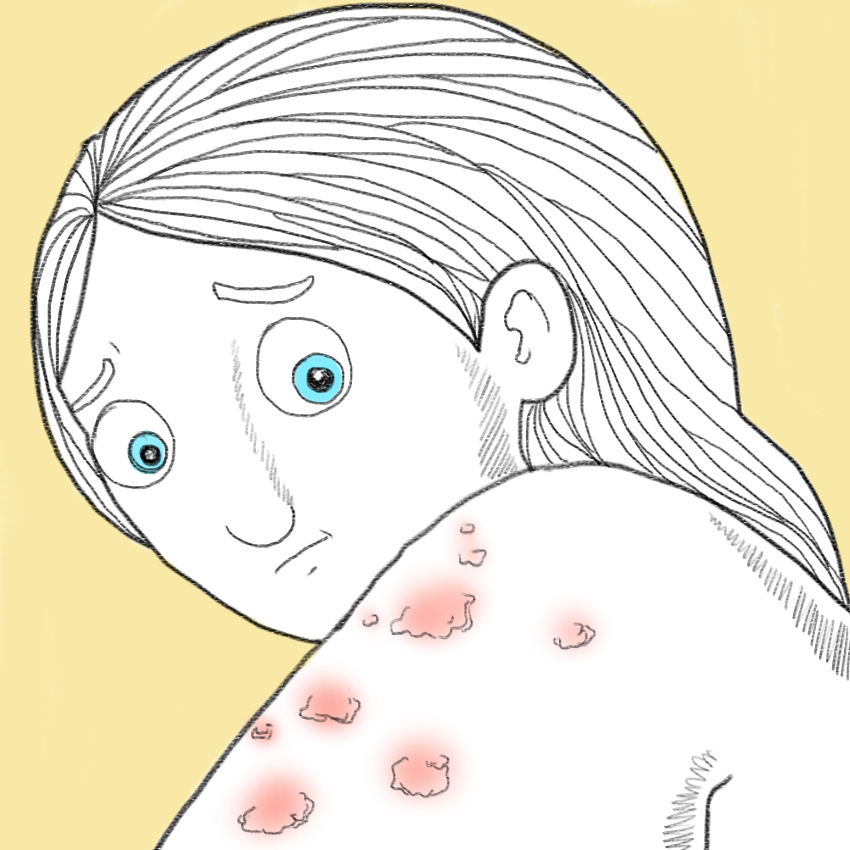
According to Psoriasis.org, "Psoriasis is an immune-mediated disease that causes raised, red, scaly patches to appear on the skin."
"It typically affects the outside of the elbows, knees or scalp, though it can appear on any location. Some people report that psoriasis is itchy, burns, and stings."
If you think you have undiagnosed psoriasis, talk to your doctor.
How Can Food Help Psoriasis?
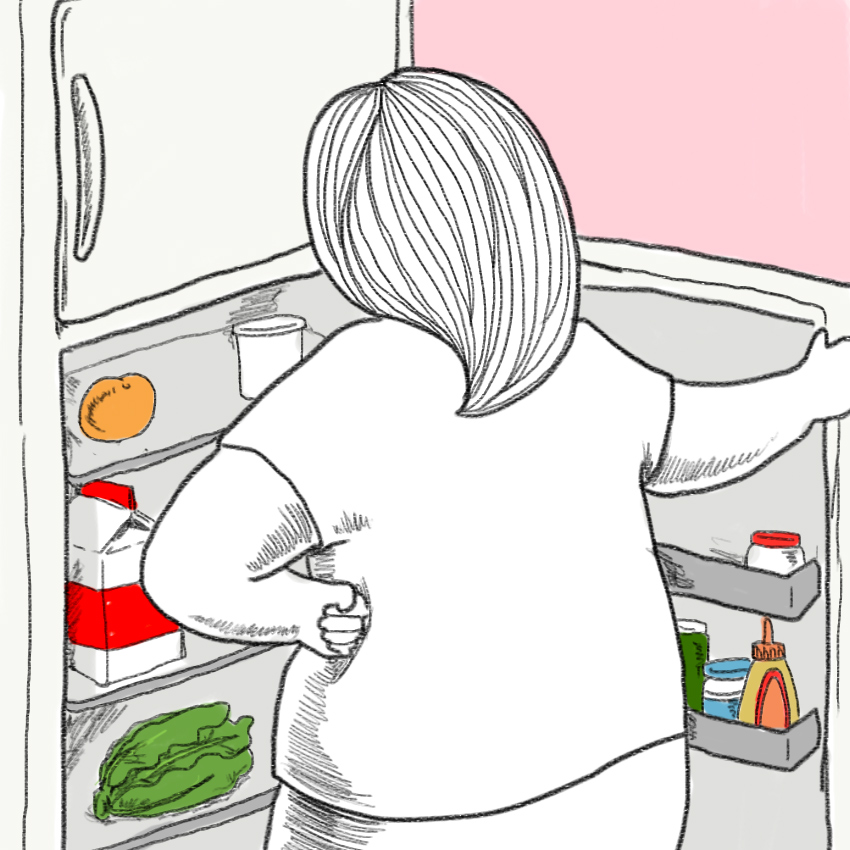
Although research has not yet confirmed a definitive link between psoriasis flare-ups and food, many psoriasis sufferers say that they find relief by avoiding and adding specific foods to their diet, explains Everyday Health.
Continue reading below to learn which foods are best and worst for psoriasis.
Foods To Avoid If You Have Psoriasis

Although there is no scientific proof that diet affects psoriasis, some people who have psoriasis swear by diet changes.
Dermatologists say that altering your diet may help — and if it works for you, there's no reason not to do it.
AVOID: Alcohol
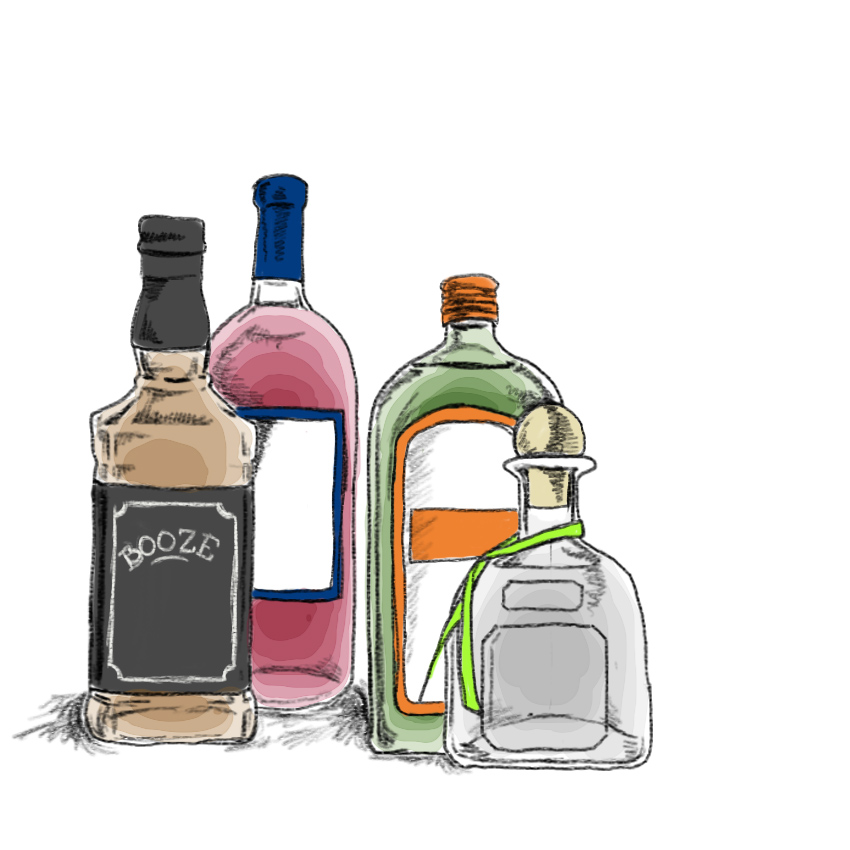
Because dilated blood vessels allow T cells to sneak to the outer layers of skin, which affects psoriasis, you don't want to do anything that could cause your vessels to dilate any more.
Alcohol opens your skin's blood vessels, which can worsen your psoriasis symptoms, explains Everyday Health.
AVOID: Dairy Products
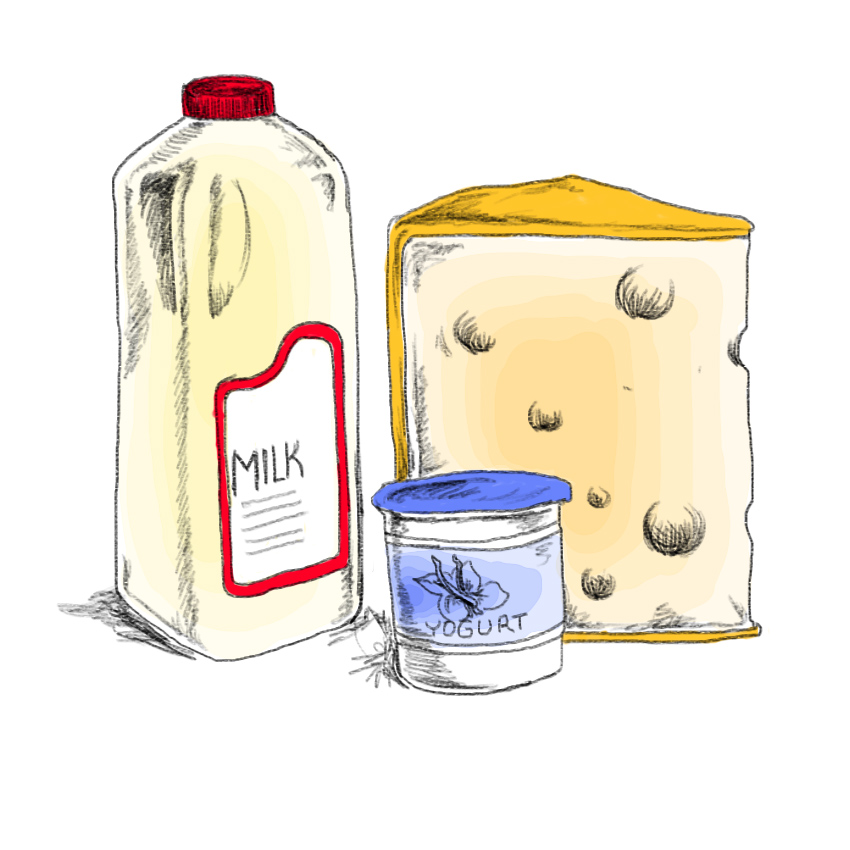
Dairy products can also lead to inflammation, because dairy contains the natural inflammatory, arachidonic acid.
Cow's milk may be the worst of all, because it also contains casein, a protein also linked to inflammation.
AVOID: Junk Foods

Junk foods that have a lot of saturated and trans fats, as well as refined starches and sugars, can lead to inflammation.
Because psoriasis is an inflammatory condition, eating junk food can worsen your psoriasis.
AVOID: Condiments
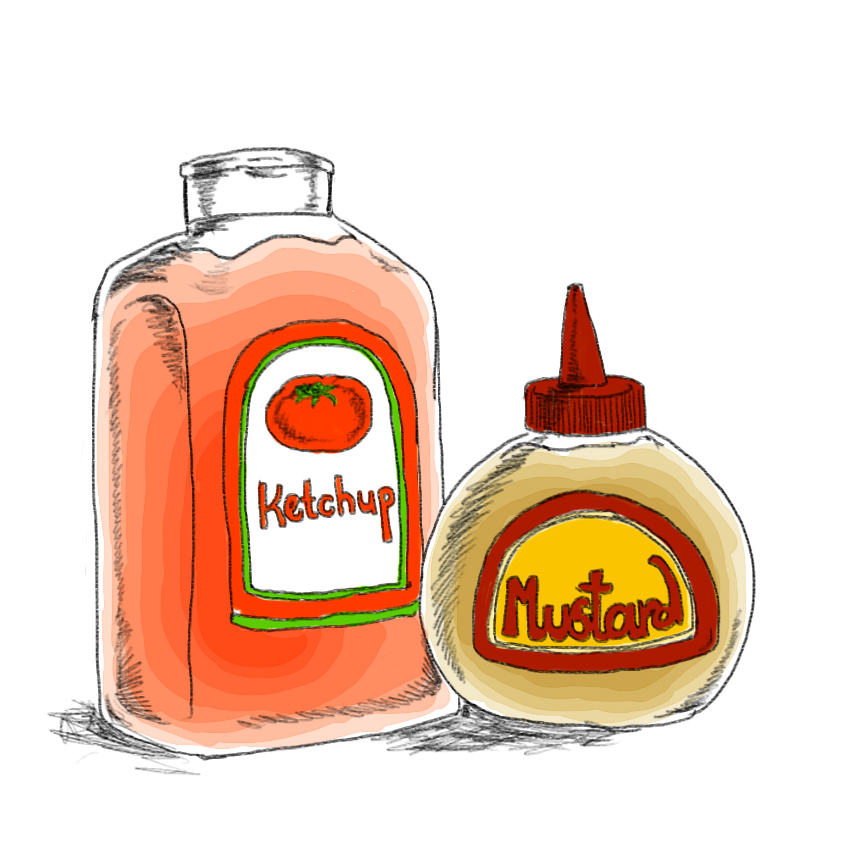
It might seem wild, but some people with psoriasis claim that spices and condiments are the worst culprits when it comes to foods that affect their psoriasis.
Condiments like ketchup, mayo, Tabasco sauce, vinegar, and Worcestershire sauce can cause inflammation, as do spices like cinnamon, curry, pimento, and paprika.
AVOID: Red Meat
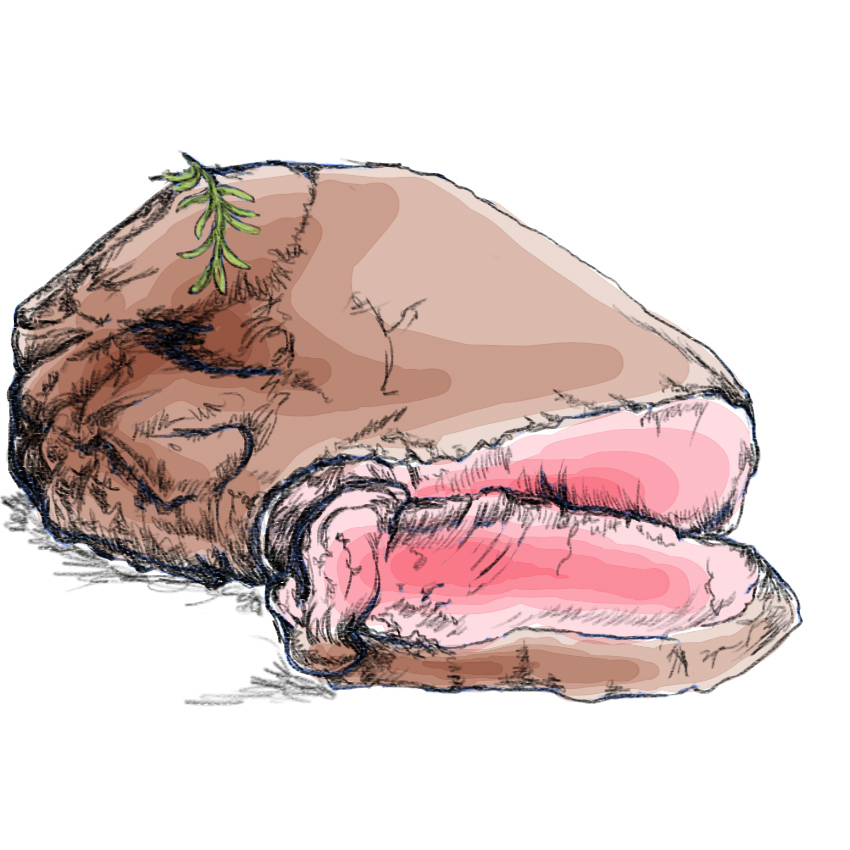
Like dairy, red meat contains arachidonic acid, which can cause inflammation.
Additionally, processed meats like bacon and sausage should also be avoided.
AVOID: Gluten
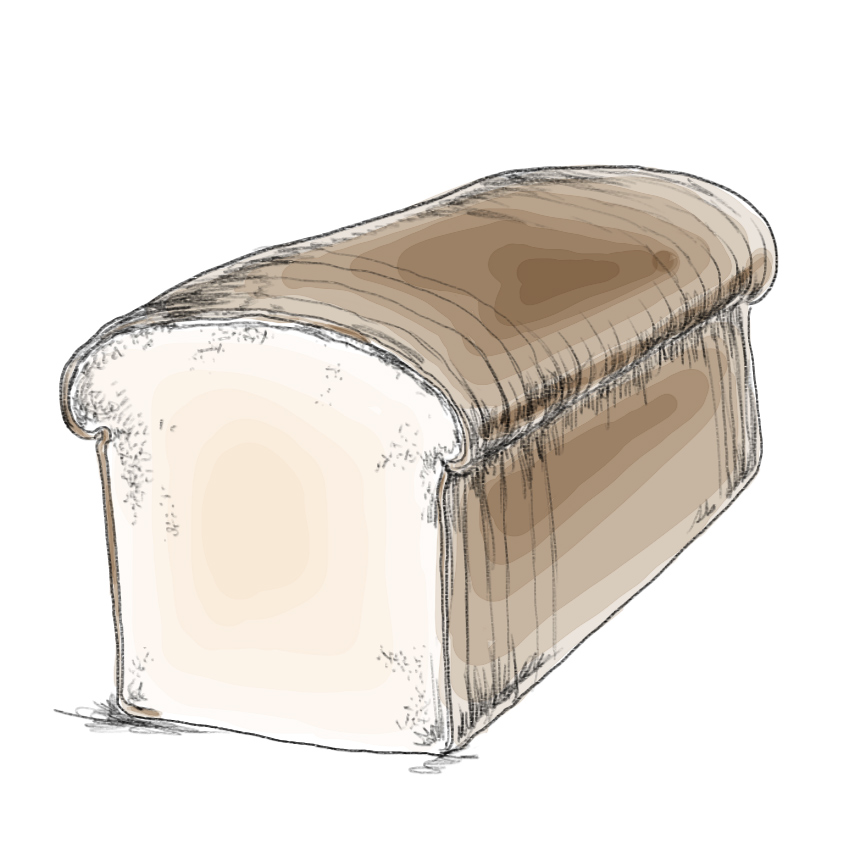
According to Everyday Health, researchers in Portugal found a link between gluten and psoriasis. More studies are being done to substantiate this link.
AVOID: Refined Sugar
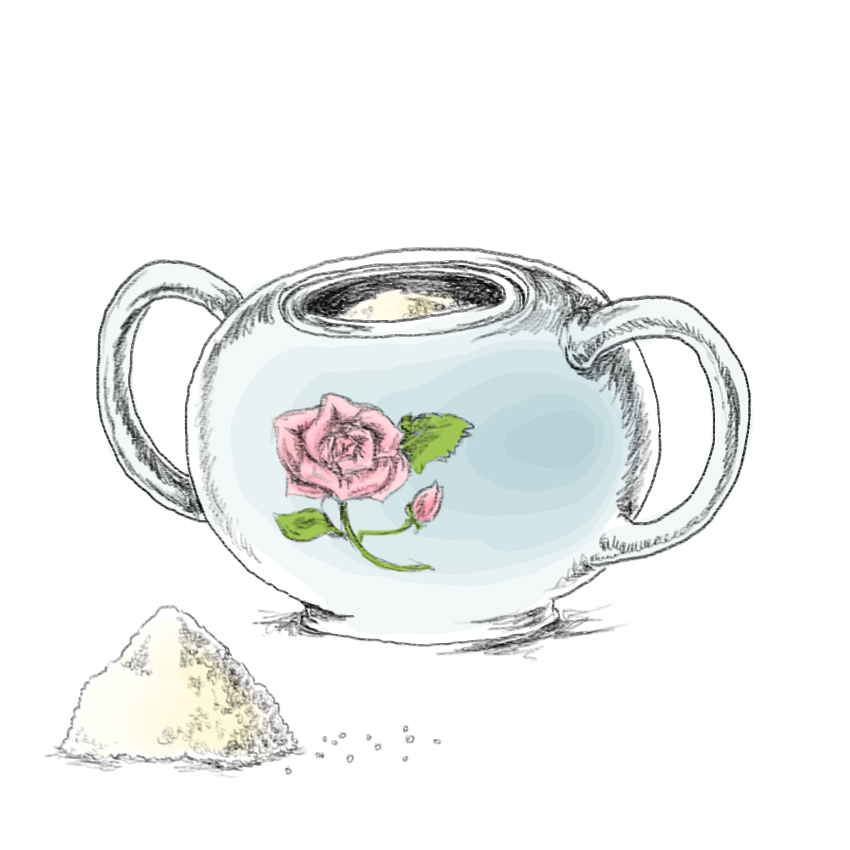
Health explains that people with psoriasis should avoid refined sugar, because "excess sugar intake may trigger inflammation."
Refined sugar can also cause weight gain, which can make psoriasis worse.
Although it's hard to cut out refined sugar entirely, trying to cut back on it could impact your psoriasis outbreaks.
AVOID: Citrus Fruits
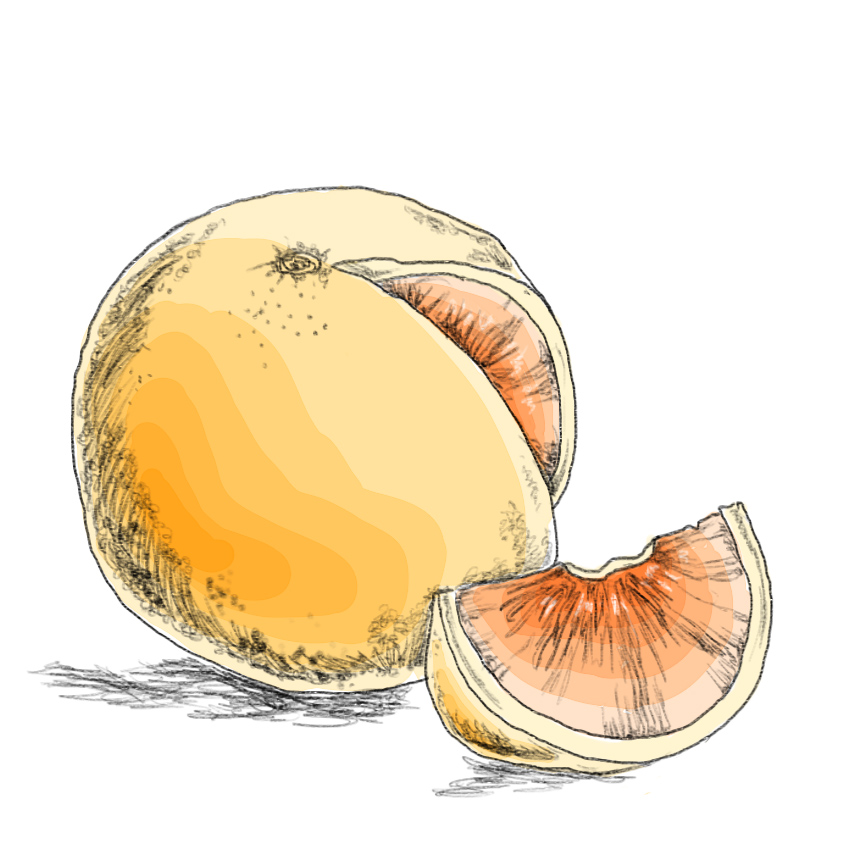
Citrus fruits, which many people have an allergy to, can cause psoriasis flares in some people.
Try eliminating them from your diet to see if you notice a positive change in your skin.
AVOID: Fried Foods

Like many of the other foods on this list, fried foods can increase inflammation, so it's best to cut back on the amount of fried food you eat in order to help with your psoriasis.
AVOID: Nightshade Plants
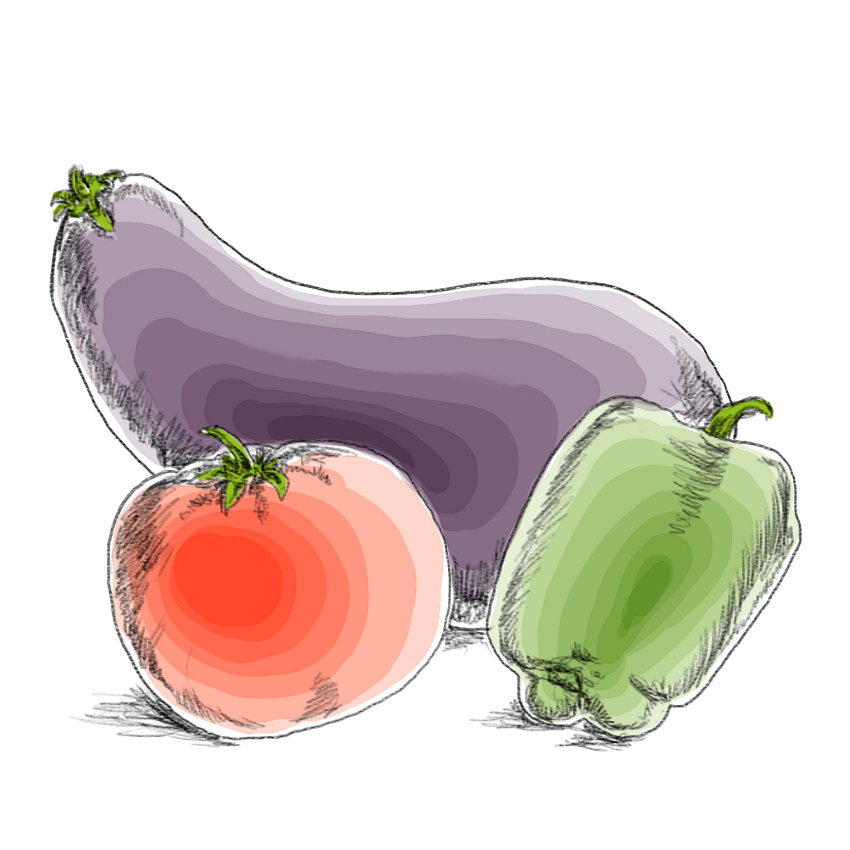
"Nightshade plants," like peppers, white potatoes, tomatoes, and eggplant, have been known to exacerbate psoriasis.
These veggies contain a chemical compound called solanine, which triggers pain in some people.
Foods To Eat If You Have Psoriasis

Just as cutting out certain foods from your diet can help with your psoriasis, there are also foods you can add to your diet to aid your skin.
Again, there's no direct evidence that specific foods can affect psoriasis, but a healthy, balanced diet can help you control both your psoriasis and your weight.
EAT: Fish And Seafood
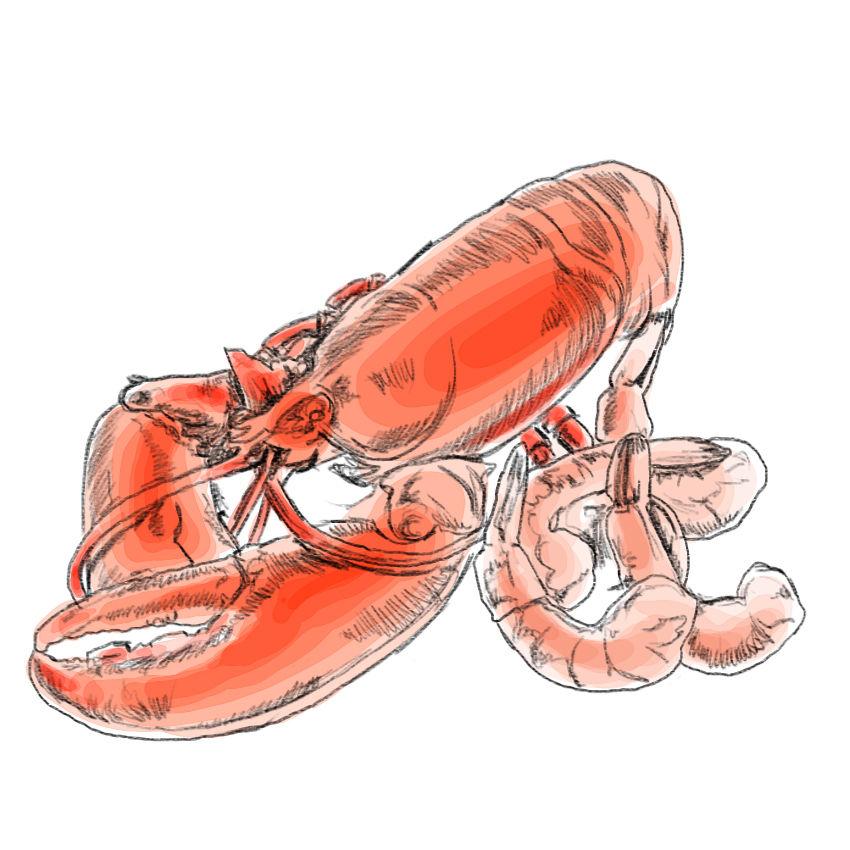
Fish oils are known to help reduce inflammation and help with the immune system.
The omega-3 fatty acids found in fish oils are heart-healthy and beneficial to health in general.
EAT: Vegetables
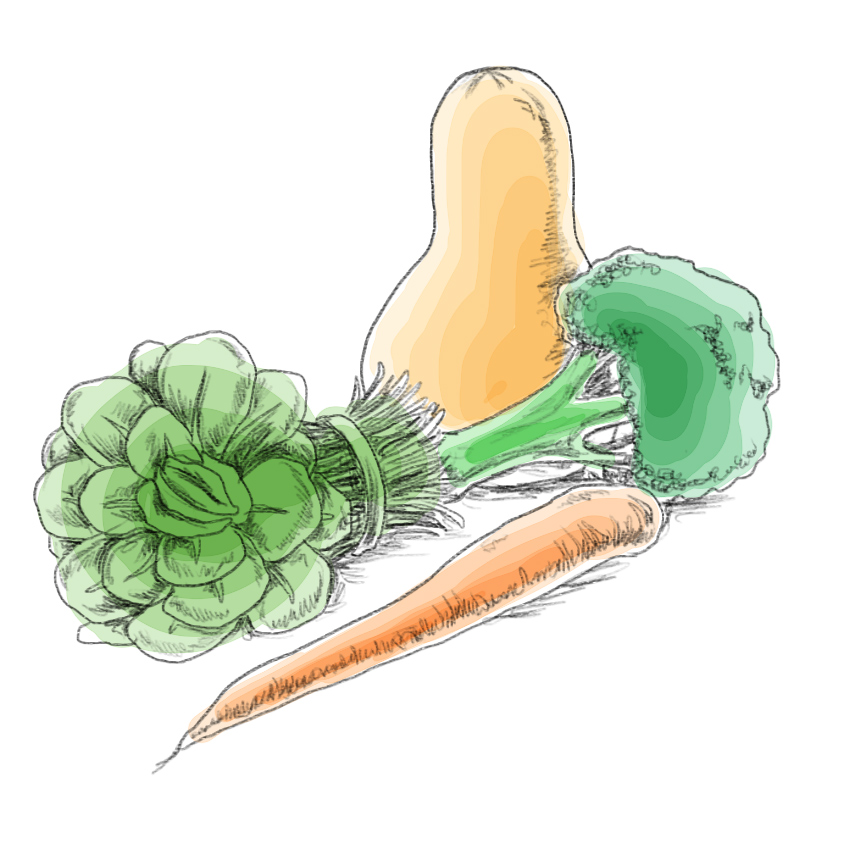
Veggies like carrots and squash are also known to have anti-inflammatory benefits.
Other vegetables that may be beneficial to psoriasis are sweet potatoes, broccoli, spinach, and kale.
EAT: Whole Grains
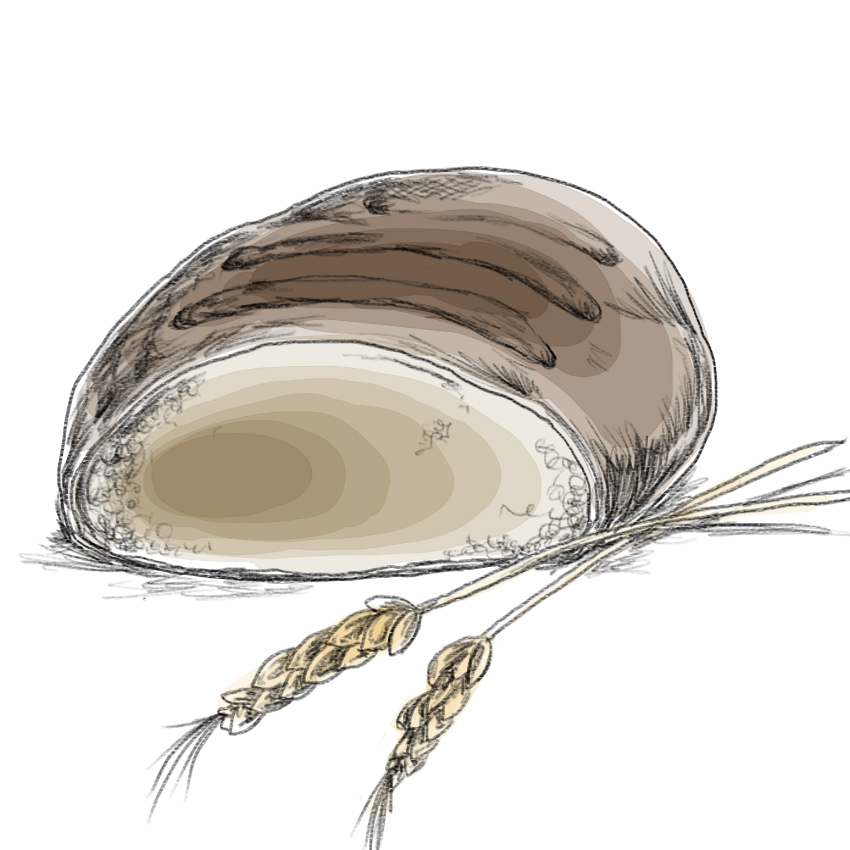
Although there are studies linking a gluten-free diet to psoriasis benefits, there also benefits to eating whole grains.
"Like fruits and vegetables, grains also contain a variety of anti-inflammation antioxidants and are high in fiber, which has been linked with lower inflammation levels and better regulation of blood sugar," explains Health.
EAT: Lean Meats
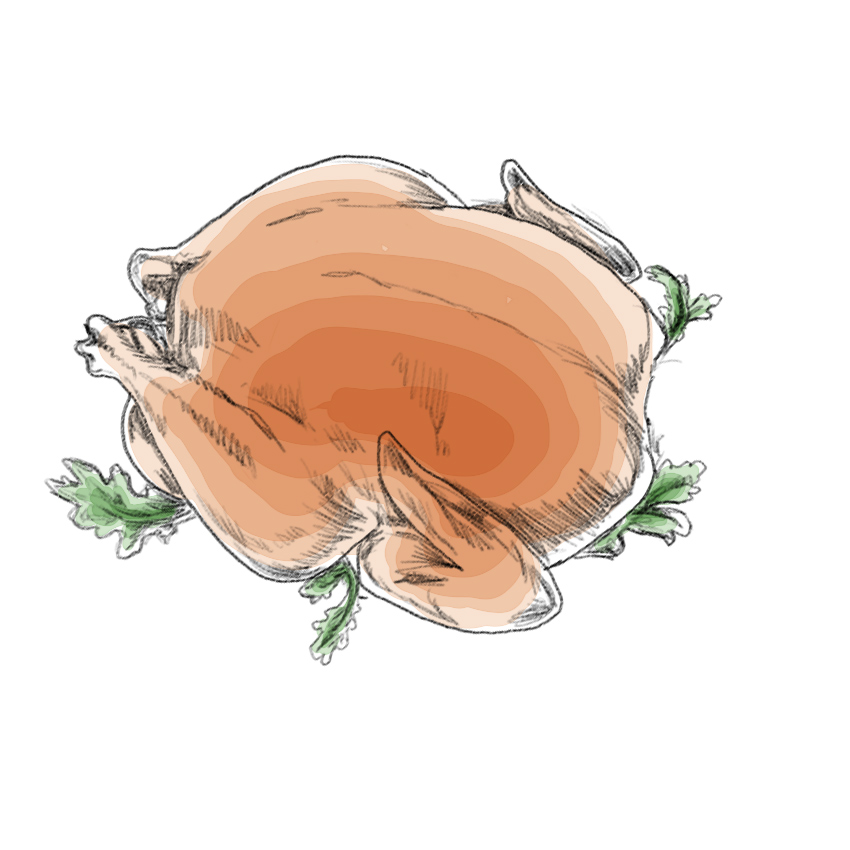
Although there are no known benefits to eating lean meats, as previously stated, red meats have negative effects on psoriasis.
So if you choose to eat meat, you should go for lean meats, like chicken and turkey.
EAT: Nuts And Avocados
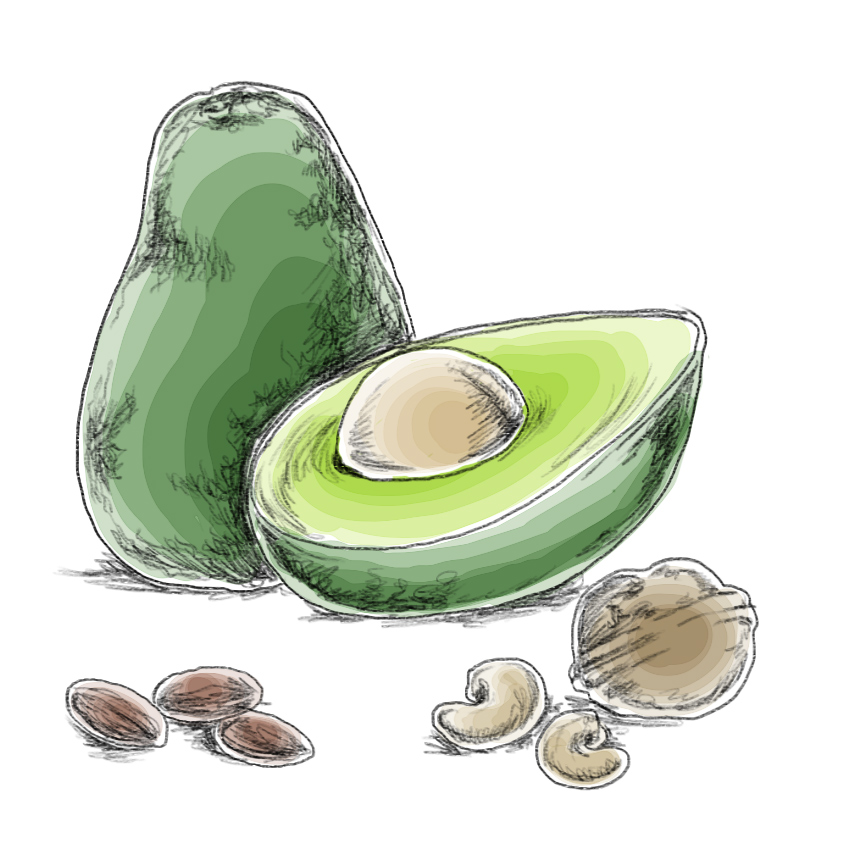
Nuts and avocados are full of good fats — they're a great thing to turn to if you're craving something fatty but want to avoid the inflammation.
EAT: Blueberries
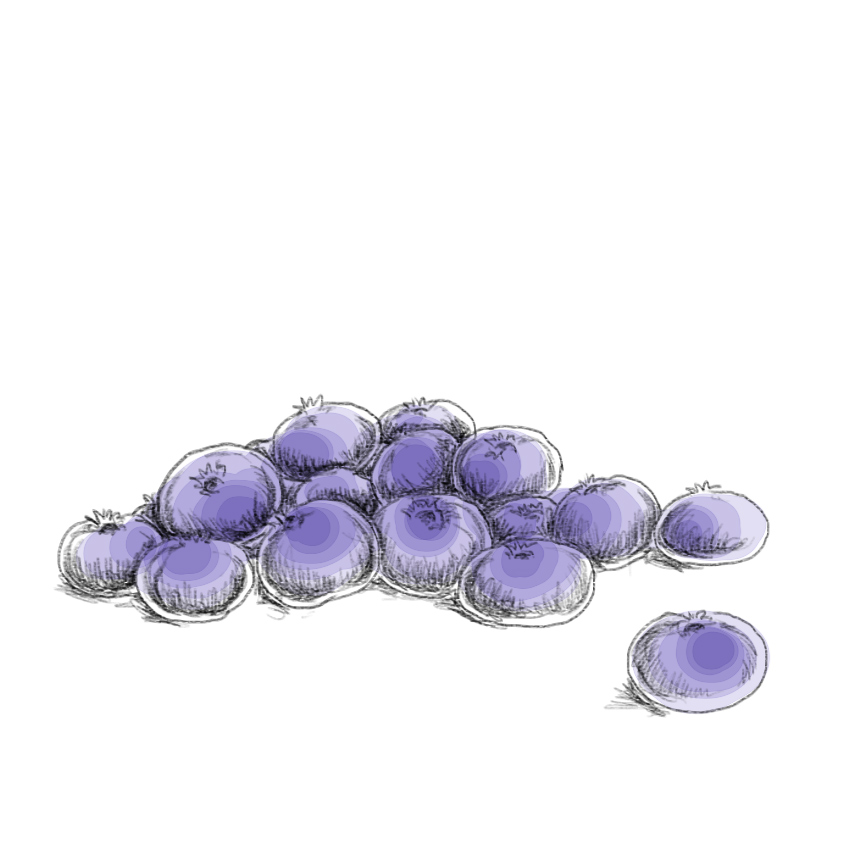
Blueberries are an incredible food for psoriasis. They are full of vitamin C, manganese, and fiber, and they also have anti-inflammatory benefits.
Although none of these foods are guaranteed to alter your psoriasis symptoms, some people have found relief from altering their diets.
If you have psoriasis, are there any other foods that have positively affected your skin? Let us know in the comments below!
Please SHARE this article with anyone you know who has psoriasis!




